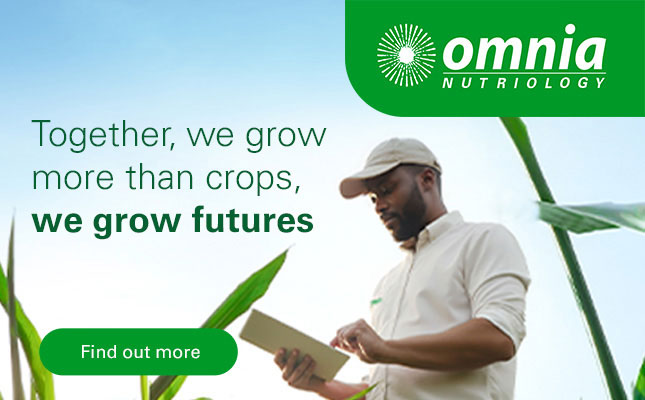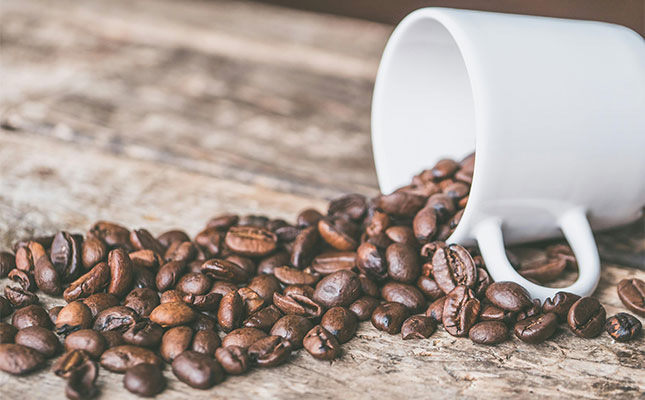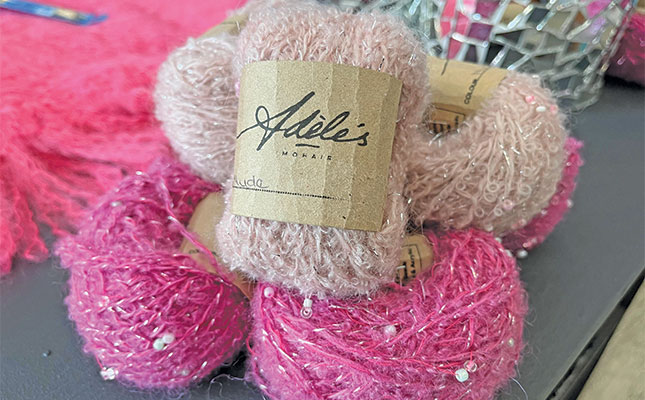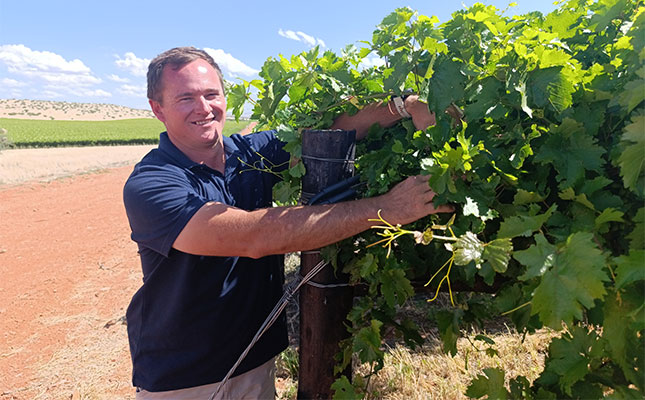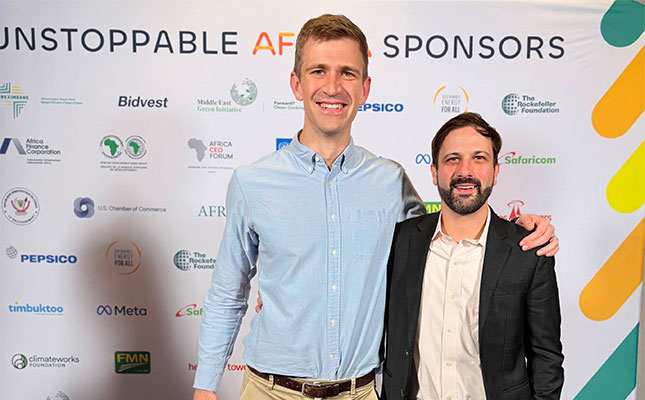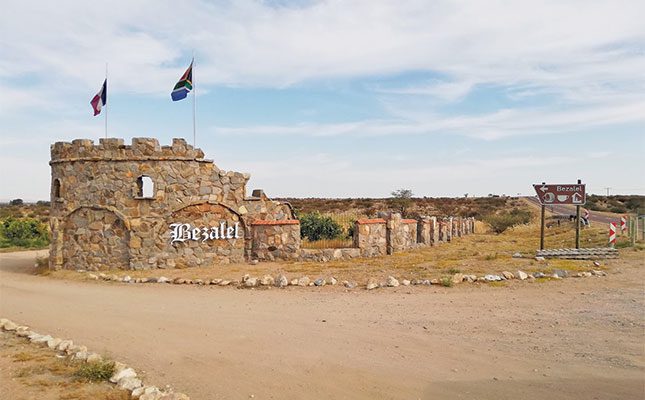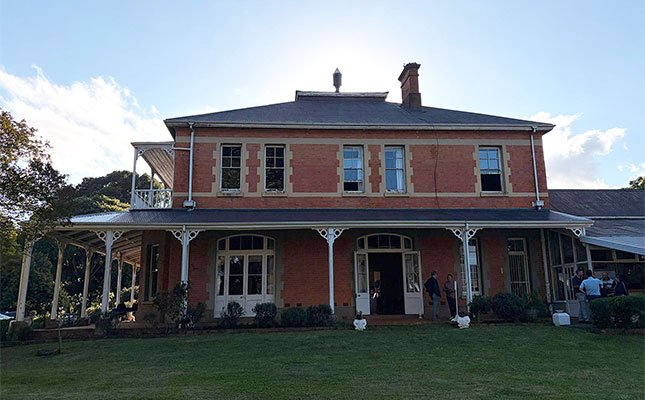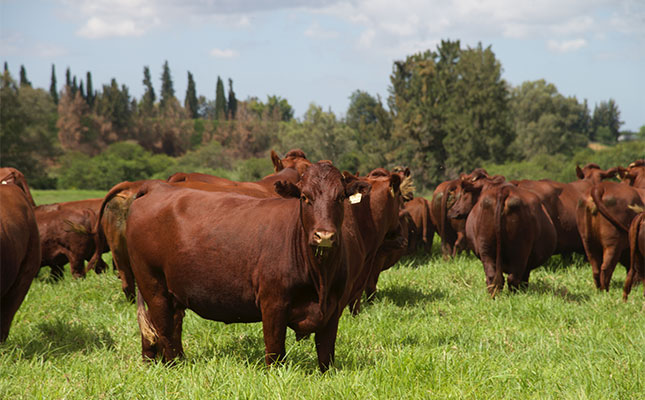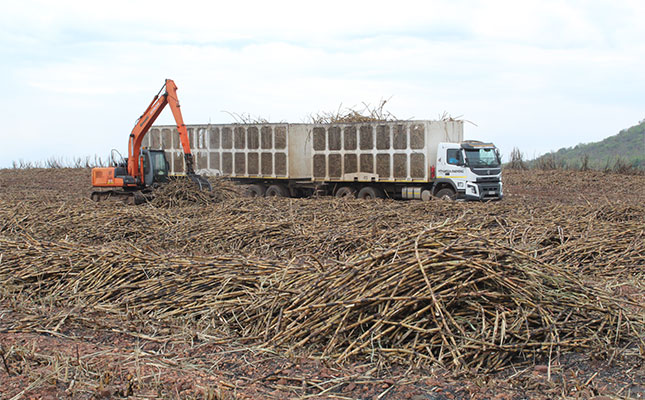
Vilhelm Erichsen, a third-generation farmer at Keerom Farming, embodies a legacy deeply rooted in the soil. His family’s farming enterprise began after the South African War ended in 1903 with his grandfather’s vision and perseverance.
Originating from a dairy and equestrian background in Denmark, Erichsen’s grandfather laid the foundation for what would evolve into a thriving agricultural operation.
Starting on a modest 20ha plot, the dairy enterprise expanded significantly over time to accommodate three farming sons, including Erichsen’s father, who later diversified into maize and soya bean cultivation alongside a sizable beef enterprise.
Erichsen’s journey into agriculture commenced upon joining his father on the farm in 1988 after completing his training years post-school.
This period marked a transition towards modern agricultural practices as Erichsen and his family navigated evolving technologies and market dynamics. However, a pivotal moment of divergence propelled Keerom Farming onto a new trajectory.
“When we decided that we needed to replace planters − since our oldest planter, a Case International Early Riser, was 32 years old − my brother, who was then 57 years old, said he would never agree to buy no-till planters, and our partnership dissolved,” he recalls.
This dissolution sparked Erichsen’s solo journey into no-till farming, driven by a desire to address pressing challenges such as soil erosion and fungal issues. Despite initial scepticism from neighbouring farmers, Erichsen’s commitment to sustainability and innovation led him to explore alternative solutions.
“At that stage, I was getting terrified at the amount of soil erosion we endured on the cultivated lands due to very little soil cover, losing many tons of topsoil annually. Yields were low, and we gradually started with mulching operations to keep cover on top of the surface.”
Erichsen’s search for sustainable solutions led him to Bontera products. Embracing a suite of Bontera products, including Impact, Dynamik-T, FungiBac and BM-T, Erichsen implemented a meticulously crafted programme tailored to Keerom Farming’s unique needs.
“We compared many different products and were able to change to the [Bontera] products due to easier application methods and indication of higher yields and grain quality,” he notes.
The results were transformative: Erichsen observed marked improvements in plant health, grain quality, and soil vitality. With Bontera’s support, Keerom Farming navigated towards regenerative sustainable agriculture, striving to sequester carbon and enhance overall sustainability.
Erichsen affirms: “The use of Bontera has definitely contributed to the positive change toward the above-mentioned goals.”
Over the past decade, Erichsen has witnessed a gradual increase in crop yield despite the challenges posed by climatic conditions and soil classifications. Bontera products have not only contributed to these gains but have also positioned Keerom Farming as a beacon of excellence in conservation farming.
“Our main goal is to be exquisite conservation farmers and exceptional stewards of our land,” he says.
“Our partnership with Bontera has been transformative, enriching our farming experience. Knowing that we have access to products that align with our sustainability goals brings a sense of assurance and peace of mind. By incorporating these solutions, we anticipate further growth and success in our farming enterprise, as we harness the power of biology to nurture our soil and plants.
“The expertise of Bontera’s agronomists has been invaluable, guiding us through the steps in journey towards sustainable agriculture. Within our community, we’ve earned recognition as prominent no-till farmers, and we share our experiences with our neighbours believing that Bontera has the potential to benefit other farmers in our region. Through our partnership, we’ve not only improved our farming practices but also become stewards of positive change,” concludes Erichsen.

